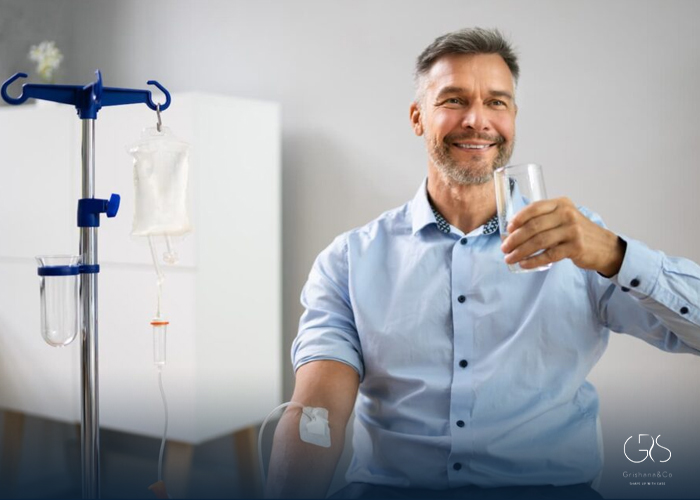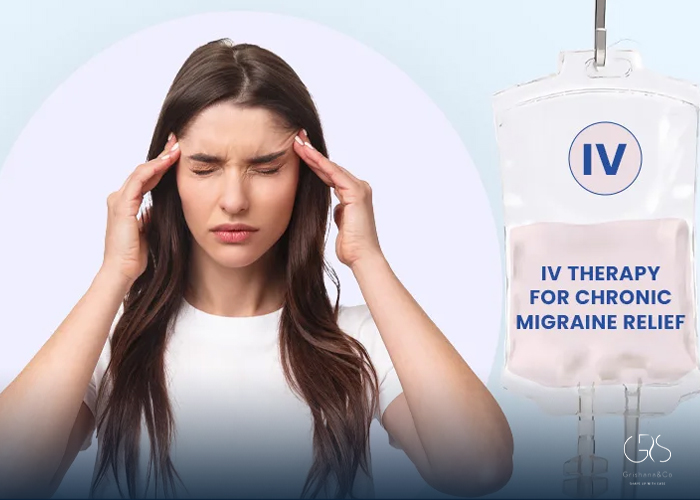Hangovers often occur as a result of excessive alcohol consumption, causing a range of unpleasant symptoms that can disrupt daily activities. In recent years, intravenous (IV) therapy has become a popular method for quickly and effectively relieving hangover symptoms. This article explores IV therapy for hangover relief in detail, discussing its benefits, risks, and the scientific basis for its efficacy.
Understanding IV Therapy for Hangover Relief
IV therapy involves directly administering a solution containing a mix of vitamins, minerals, and fluids into the bloodstream through an intravenous line. The primary objective of IV therapy for hangover relief is to rapidly rehydrate the body, replenish essential nutrients, and alleviate symptoms like headache, nausea, and fatigue that are often associated with hangovers.

Benefits of IV Therapy for Hangover Relief
One of the major advantages of IV therapy is its ability to skip the digestive system, allowing for more efficient and immediate absorption of vital nutrients and fluids. By infusing vitamins such as B-complex and C, as well as minerals like magnesium and potassium, IV therapy helps restore electrolyte balance, support liver function, and assist in detoxification processes, leading to a speedier recovery from a hangover.
(I recommend reading my article on the benefits of IV therapy for valuable insights.)

Risks and Considerations
Though IV therapy for hangover relief is generally safe when administered by trained medical professionals, there are potential risks associated with the procedure. These risks include vein irritation, infection, and electrolyte imbalances, particularly if the IV therapy is performed outside of medical settings or by unqualified individuals. Individuals contemplating IV therapy for hangover relief should consult healthcare providers, ensuring the procedure is conducted in a safe and regulated environment.
Statistics on Hangover Prevalence
Statistics reveal that hangovers are prevalent, significantly impacting public health and well-being. Research published in the Journal of Substance Abuse and Alcoholism indicates that about 76% of adults experience hangover symptoms after heavy drinking. Additionally, the Centers for Disease Control and Prevention (CDC) reports that excessive alcohol consumption leads to an estimated 2,200 deaths per year in the United States.
Conclusion
IV therapy for hangover relief has gained popularity as a convenient and efficient method for alleviating hangover symptoms and promoting quicker recovery. While the practice offers numerous benefits, individuals must weigh the risks and benefits, seek professional guidance, and make informed decisions regarding their hangover management approaches. By comprehending the science behind IV therapy and its potential impact, individuals can approach hangover relief from a knowledgeable and cautious perspective.
Sources
- Centers for Disease Control and Prevention (CDC), Facts About Excessive Drinking
- Healthline, Does IV Hydration Work for Hangover Relief?










